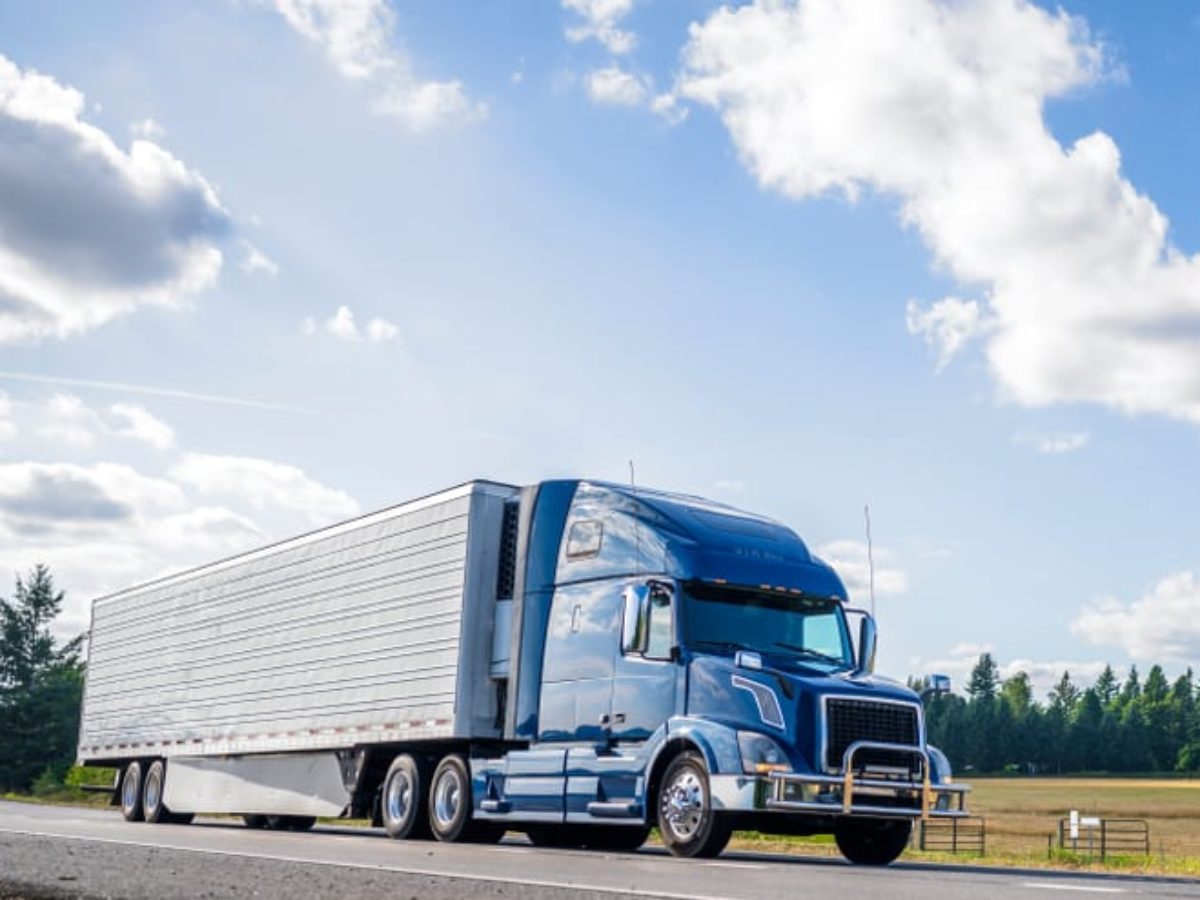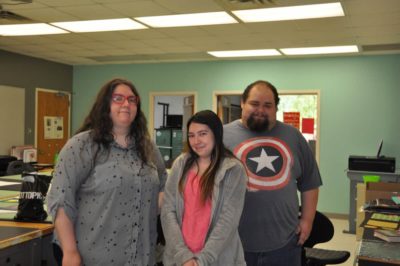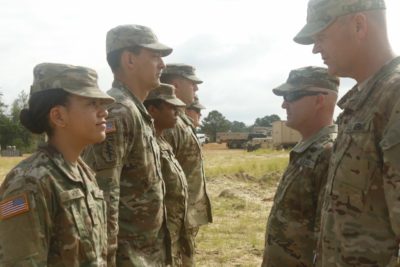
Whenever we may endure a crisis, whether that is a global pandemic such as we are experiencing now or a devastating hurricane like Florence or Michael that wreaks havoc across a region, the world relies on the trucking industry to transport essential items across the country.
From hauling livestock and feed in rural areas like Duplin County, to restocking the shelves at local grocery stores, truck drivers play an integral role in maintaining the supply chain. They are one of the new “first responders” on the front lines of the fight against COVID-19.
One of those “first responders” is Brianna Williams, a 2019 graduate of the CDL/Truck Driving program at James Sprunt Community College who recently got a job at Smithfield driving a feed truck.
“It’s a scary situation,” said Brianna. “But being that I just started this job, I just try to be careful when I go out and do I what I need to do to get the job done.”

Brianna says she is taking all the precautionary measures, such as wearing a face mask and using hand sanitizer before, during, and after she drops off feed at the hog farms.
“We get the feed trucks loaded and then we put it in the bins for the hogs,” said Brianna. “We make sure to have all our protective gear so that we don’t get sick.”
With Brianna helping to keep the supply chain going she says, “I feel like my job is important, like it’s mandatory. We have to go out, we cannot stay at home, it just isn’t possible. People are depending on us.”
Brianna is thankful for her job, and says if she had to do it all over again, she would. She says this opportunity with Smithfield has given her stability in her life, even amid the current circumstances.
“I have two kids, a boy and a girl. I was living paycheck to paycheck. Being a truck driver has helped me to have extra money in case anything happens.”
Most truck driving students at James Sprunt receive training at no cost with tuition being covered by scholarships or other grant related funding. Brianna says that she “received a $500 scholarship and money from the WIOA program so that I could take the truck driver training.”
Brianna says that she loves to ride and be behind the wheel of a big rig.
As a female truck driver, she says, “It’s different. Mostly you see men driving trucks, but women can do it, too.”
Brianna encourages other women who may want to become a truck driver to “go for it, especially when you have kids. I’m not saying you can get rich, but you’ll be able to support your kids and family.”
With there being a shortage of trained and qualified truck drivers, more now than ever, more individuals are needed to help ensure the supply chain from coast to coast, though exhausted, does not break. With the crisis caused by the coronavirus, that need is growing hour-by-hour, day-by-day.
“If truck driving is something that you feel that you can do, you should do it,” Brianna said. “Don’t let anything hold you back.”



